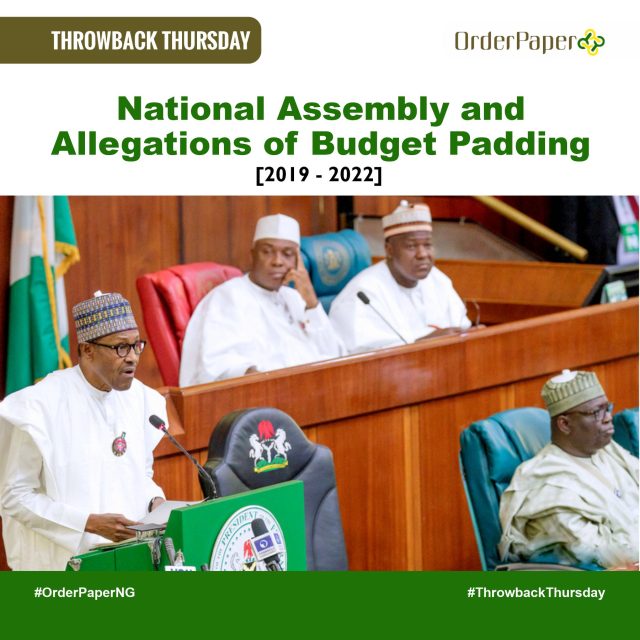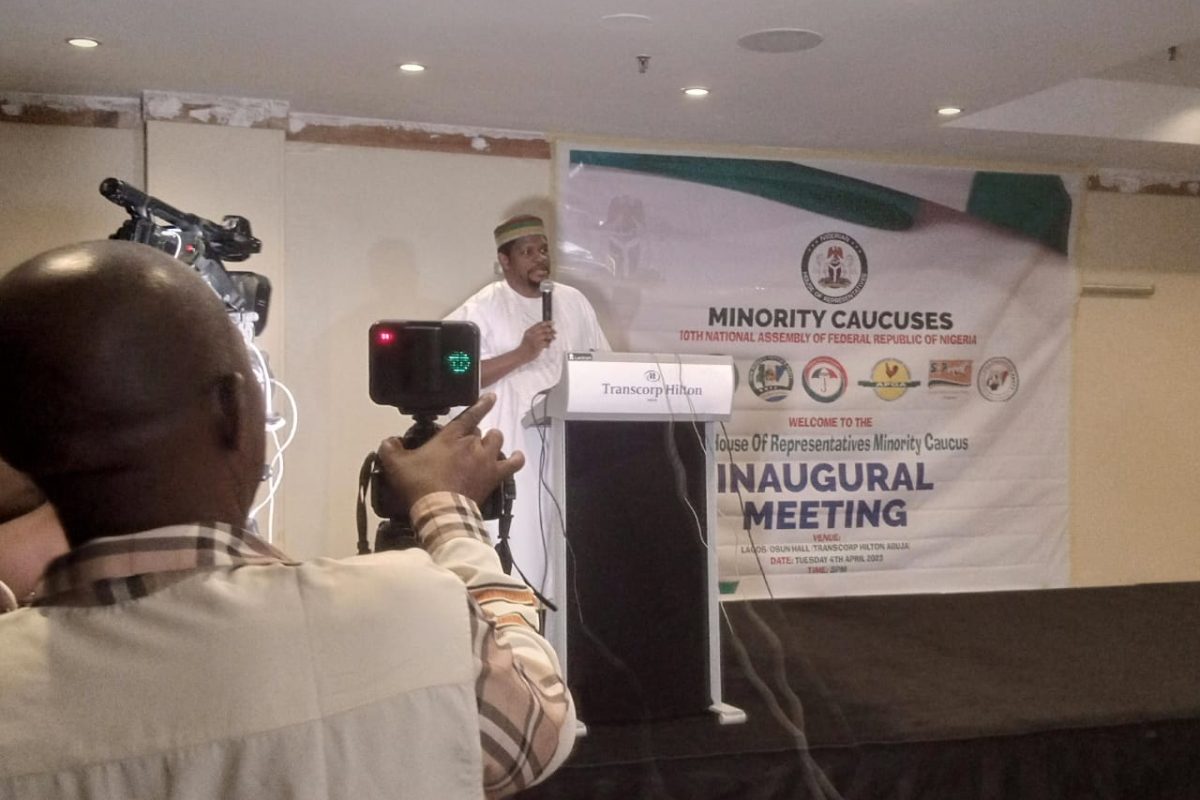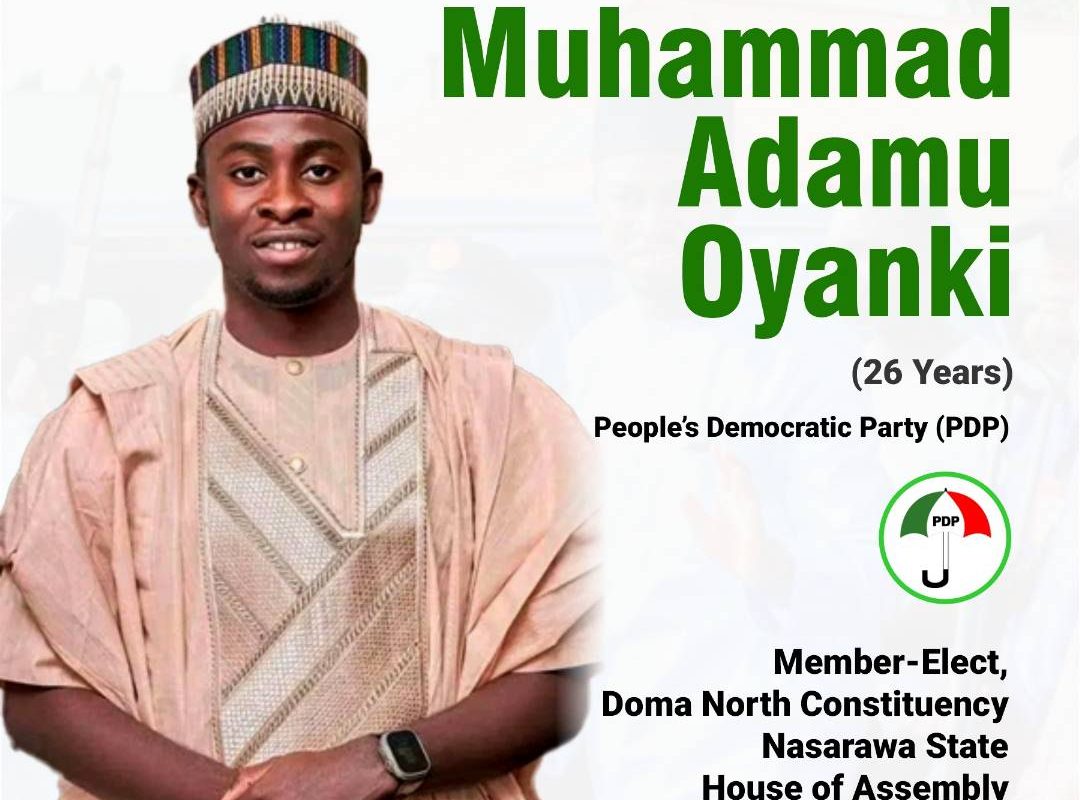On this episode of our Throwback Thursday, we examine the recurring issue of budget padding allegations against the National Assembly [2019 – 2022] every fiscal year and critical questions on how the issue can become a thing of the past

“Padding refers to a situation where legislators resolve to rewrite the budget by introducing new items outside the estimates prepared and presented by the President.” (Falana, 2016)
The issue of budget padding is known to be a recurring phenomenon in Nigeria, with the Executive accusing the legislature of padding the spending plan almost every fiscal year. This squabble between both arms of government has, however been most pronounced since the Buhari Administration came into office and subsequently presented the 2016 Budget.
In May 2018, a Federal High Court sitting in Lagos in a landmark judgement ordered President Muhammadu Buhari to “urgently instruct security and anti-graft agencies to forward him reports of their investigations into allegations of padding and stealing of some N481 billion from the 2016 budget by some principal officers of the National Assembly.”
READ ALSO: Why budget padding occurs — Ita Enang
PADDING ALLEGATIONS – 2019
- In signing the 2019 Appropriation Bill of N8.92 trillion into law, President Muhammadu Buhari accused the National Assembly of increasing the budget by about N90 billion from the N8.83 trillion he submitted to the parliament. Arguing that the adjustment would make it difficult to achieve the objectives of the Economic Recovery and Growth Plan (ERGP),
2020
- On December 17 2019, the President assented to the 2020 Appropriation Bill of N10.594 trillion passed by the National Assembly with an increase of N264 billion higher than the estimates presented by the President in October.
- While President Buhari raised concerns about many new projects added to the budgets of most MDAs with no consideration for incremental recurrent expenditure, he chose instead to heap praises on the National Assembly for passing the budget in record time.
2021
- For 2021, the president submitted a proposed budget of N13.082 trillion on October 8 2020, which was increased it by N505.61 billion to N13.588 trillion. For the second time, the President overlooked the increment of the budget by the legislators.
2022
- On December 31, 2021, in signing thr 2022 Budget of N17.126 trillion into law, expressed displeasure with some changes, major additions and reductions made by the National Assembly ‘without justification’
- He highlighted some worrisome changes including an increase in projected Federal Government independent revenue by N400 billion, reduction of the provisions for the Non-Regular Allowances of the Nigerian Police Force and the Nigerian Navy by N15 billion and N5 billion, respectively.
- He also expressed his reservations on the inclusion of new provisions totalling N36.59 billion for the National Assembly’s projects in the Service Wide Vote, stressing that it negated the principles of separation of powers and financial autonomy of the Legislature.
- According to him, most of the projects inserted relate to matters that are basically the responsibilities of state and local governments and do not appear to have been properly conceptualised, designed, and cost.READ ALSO: UPDATED: President Buhari signs 2023 Appropriation Bill into law
2023
- President Buhari, on Jnauary 2, 2023 signed the 2023 Appropriation Bill into law with aggregate expenditures of N21.83 trillion, an increase of N1.32 trillion over the initial Executive Proposal for a total expenditure of N20.51 trillion
- This time, he noted that the National Assembly introduced new projects into the budget proposal costing up to N770.72 billion and increased the provisions made by Ministries, Departments and Agencies (MDAs) by N58.55 billion.READ ALSO: 2023 Budget: National Assembly, NASS Library, Others to gulp over N200bn
POSERS
With accusations of budget padding and counter-accusations now a yearly ritual, what really is the solution?
According to the Speaker of the House of Reps, “If you return the budget the exact way, it is you’re called rubber stamp. If you adjust figures for the good of the country. You call it jacking up or inflation, or padding.”
While the lawmakers may be carrying out their constitutional responsibilities, could it be said that the need to look at the country’s dwindling revenue, address the earnings of the Legislature and consider that each budget is heavily funded by borrowing is lost on the 469 of them?
Does the ‘Organic Budget Law,’ which the President has called on lawmakers to expedite action and conclude work before the end of his administration, have any role to play in tackling the menace?
READ ALSO: Budget Passage and Timelines in the 9th National Assembly [2019 – 2022]
Temidayo Taiwo-Sidiq
Temidayo Taiwo-Sidiq is a journalist, thought leader and political analyst with keen interest in governance and Nigerian history and politics



